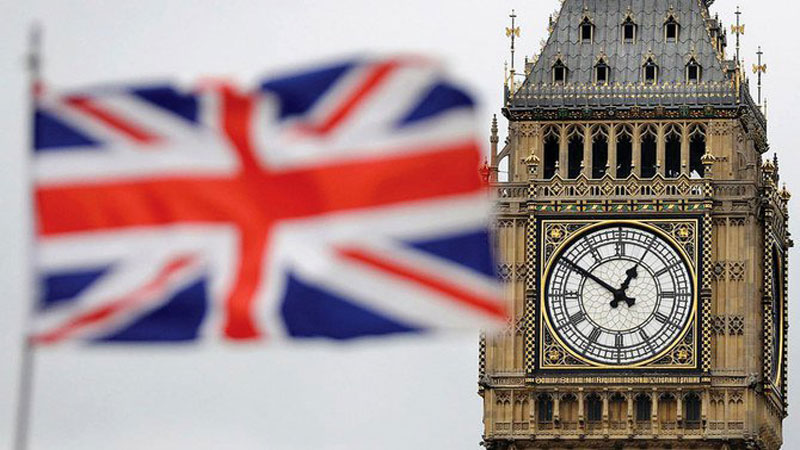
Britain’s jobs boom has weakened in the approach to Brexit with the number of people in work unexpectedly falling by the most in over four years and unemployment rising, official data showed on Tuesday.
Employment fell by 56,000 to 32.69 million in the three months to August, the Office for National Statistics said. Economists polled by Reuters had expected growth of 23,000.
The number of people out of work rose by 22,000 to just over 1.31 million, the ONS said.
Britain’s strong labour market has been the silver lining for the economy since the Brexit referendum in 2016, something many analysts attribute, in part, to firms hiring workers that they can later lay off rather than making longer-term commitments to investment.
But there were signs in Tuesday’s figures that employers were turning more cautious.
The unemployment rate unexpectedly rose to 3.9% from a 3.8%, which had been its joint lowest since the mid-1970s, while vacancies fell to their lowest level since the three months to November 2017.
“Challenging economic conditions are starting to take the shine off the UK’s job boom,” Tej Parikh, chief economist at the Institute of Directors, an employers group, said.
“Business leaders’ long-lasting drive to expand their workforce has put the labour market in a strong position. However, firms are now increasingly coming up against uncertainty and the shrinking supply of available talent.”
Many employers are worried about Prime Minister Boris Johnson’s pledge to take Britain out of the European Union on Oct. 31 without a transition deal to smooth the economic shock if necessary. However, lawmakers have passed legislation that they say will force him to seek a delay from Brussels.
A survey published separately on Tuesday by Britain’s main auto industry group showed jobs cuts at one in three firms in the sector, which risks being a big loser from Brexit. That was up from one in eight just under a year ago.
As well as worries about Brexit, Britain’s economy is feeling the drag from rising U.S-China trade tensions which have weighed on global growth.
The ONS labour market data showed a dip in the pace of pay growth which recently hit its fastest in more than 10 years.
Total earnings growth, including bonuses, rose by an annual 3.8% in the three months to August, slowing from 3.9% in the three months to July and weaker than the median forecast of 4.0% in the Reuters poll.
Excluding bonuses, which smoothes out some volatility, pay growth similarly slowed slightly to 3.8%, but was a touch ahead of the Reuters poll forecast of 3.7%.
Deputy Governor Dave Ramsden said in a newspaper interview published on Sunday that wage costs were “picking up quite significantly, which will drive domestic inflationary pressure.”
However, the BoE is waiting for more clarity on Brexit before any decision to resume its gradual and limited programme of interest rates hikes.





